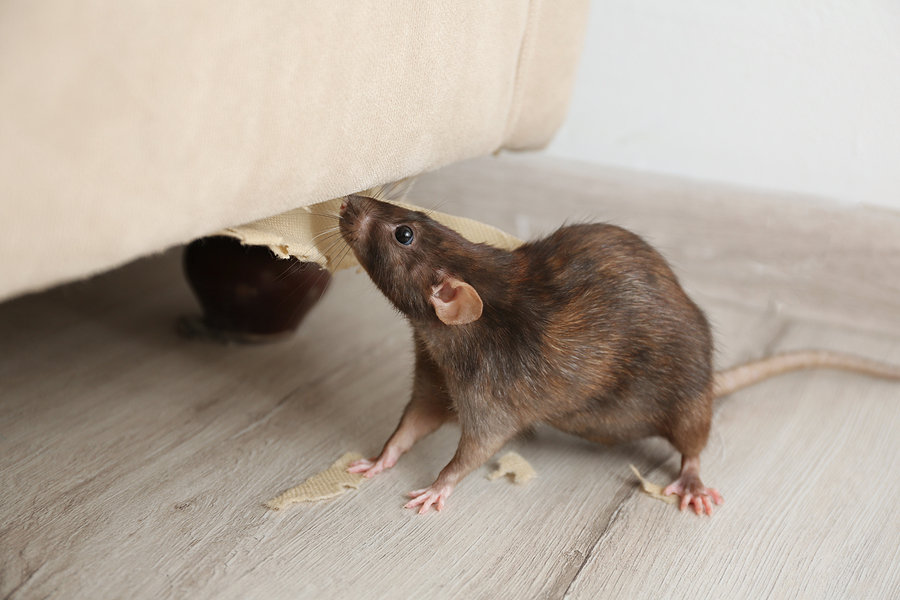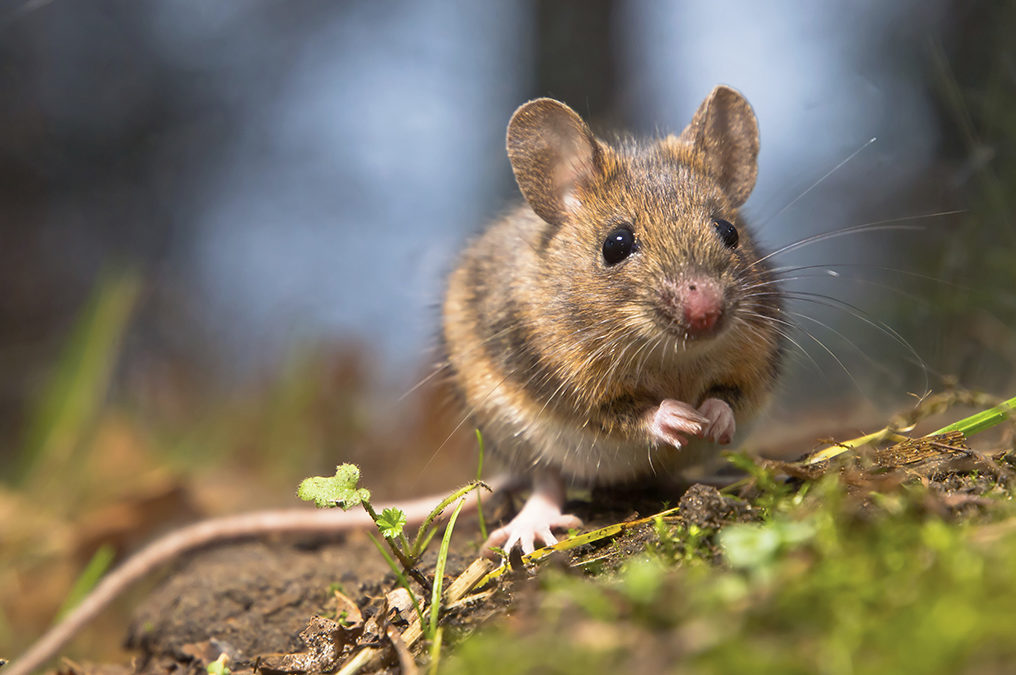In recent years, many homeowners and businesses have sought to compare natural rodent repellents effectiveness in a bid to find safer, eco-friendly alternatives to chemical solutions. The rise in awareness about environmental sustainability and health concerns associated with chemical repellents has shifted focus towards natural options. But, do they really work? And if so, which ones are the most effective?
Rodents are not just a nuisance; they pose serious health risks and can cause significant damage to property. As individuals become more conscious of the impact of chemicals on their environment and health, the demand for natural repellents has surged. However, understanding how these natural solutions stack up against traditional methods is crucial for their effective application.

How Natural Rodent Repellents Work
Natural rodent repellents primarily rely on strong scents and flavors that are unpleasant to rodents. Ingredients such as peppermint oil, garlic, and vinegar are commonly used due to their potent aromas. These scents overpower the rodents' keen sense of smell, making environments unwelcoming and driving them away.
Peppermint Oil
Peppermint oil is one of the most popular natural rodent repellents. Its strong smell is overwhelming for rodents, effectively masking food scents that attract them. Many users report success with peppermint oil, but it requires frequent reapplication to maintain its potency.
Garlic
Garlic is another natural option known for its pungent smell. While effective in small areas, its use can be limited by its strong odor, which might not be pleasant for humans either. Nevertheless, garlic can be a useful component in a broader strategy of natural pest control.
Comparing Effectiveness: Natural vs. Chemical Repellents
When we compare natural rodent repellents effectiveness to chemical repellents, several factors come into play. Chemical repellents often provide immediate and lasting effects, but they come with health risks and environmental concerns. On the other hand, natural repellents are safer for both humans and pets, but may require more frequent application and time to achieve desired results.
For those interested in more detailed strategies, our article on Integrated Rodent Management Techniques offers insights into combining different methods for optimal results.
Choosing the Right Natural Repellent
Choosing the most effective natural repellent depends on several factors, including the specific type of rodent problem, the area needing protection, and personal preferences regarding scents and application methods. For instance, while peppermint oil is excellent for indoor use, it might not be as effective in outdoor settings where its scent dissipates quickly.
Our DIY Rodent Control Ideas for Kitchen can provide additional tips on using natural repellents effectively in specific areas like the kitchen.
Environmental and Health Benefits
The benefits of using natural repellents extend beyond just pest control. They are non-toxic, making them safe for use around children and pets. Additionally, they contribute to a healthier ecosystem by reducing the reliance on chemical pesticides that harm beneficial insects and wildlife.
Integrating Natural Repellents into a Broader Pest Control Strategy
For best results, natural rodent repellents should be part of a comprehensive pest management strategy. This includes sealing entry points, maintaining cleanliness, and using traps where necessary. Interested readers can explore our discussion on Office Building Rodent Control Tips for more information.
Understanding local regulations is also crucial. Our article on Local Rodent Control Regulations can provide useful guidance.
Conclusion
When we compare natural rodent repellents effectiveness with traditional chemical options, it becomes clear that natural solutions offer a safer, albeit sometimes more labor-intensive, alternative. While they may not always provide the immediate results of chemical repellents, their environmental and health benefits make them a worthwhile consideration.
For those looking to delve deeper into the topic, our resources, such as this guide on getting rid of mice, offer practical advice and insights.

FAQs
What are the most effective natural rodent repellents?
Peppermint oil and garlic are among the most effective natural rodent repellents due to their strong scents.
Are natural rodent repellents safe for pets?
Yes, natural rodent repellents are generally safe for pets as they do not contain harmful chemicals.
How often should natural repellents be reapplied?
Natural repellents typically need to be reapplied every few days to maintain their effectiveness, especially in outdoor settings.
